

 Dr. Johnson Asiama, Governor of the Bank of Ghana, has launched the Bank of Ghana Chair in Finance and Economics at the University of Ghana with a call for rigorous dialogue and collaboration to shape transformative economic ideas.
Dr. Johnson Asiama, Governor of the Bank of Ghana, has launched the Bank of Ghana Chair in Finance and Economics at the University of Ghana with a call for rigorous dialogue and collaboration to shape transformative economic ideas.
He said the Chair was inaugurated as a strategic investment in Ghana’s intellectual and policy future and a clear signal of the Central Bank’s long-term commitment to knowledge, to research, and to the nurturing of a new generation of thinkers who will shape the financial architecture of tomorrow.
The Chair represents a strategic partnership between the Bank of Ghana and the University of Ghana to advance economic thought and policy.
It aims to foster knowledge development, bridge policy and academia gap, and mentor future economists and policymakers.
Addressing the theme: “From Cowries to Crypto” Dr Asiama traced Ghana’s monetary evolution from barter and cowries to colonial currencies, the Ghana Cedi, and now digital finance.
He emphasized the role of trust in monetary systems and the importance of adapting to technological changes.
Dr Asiama highlighted Ghana’s leadership in mobile money and the e-Cedi pilot, as well as upcoming regulations for Virtual Asset Service Providers (VASPs).
On Challenges and Opportunities in African Monetary Policy, the Governor said Inflation stabilization progress in Africa had been challenged by global shocks, including COVID-19, Ukraine war, and climate change.
Ghana, for instance, faced severe inflation and currency depreciation in 2022 but rebounded in 2025 due to disciplined policy and IMF support.
He emphasized the need for credible institutions and agile, intelligence-driven central banks.
He said rising bank investments in government securities was crowding out private sector credit and called on banks to re-evaluate models and support productive lending.
He said an era of persistently high interest rates cannot be sustained and urged banks to begin re-evaluating their business models, not only to protect margins, but to serve the broader economy.
“Our banking sector must become a catalyst for growth, with more targeted and productive lending to Ghanaian enterprises,” he said.
He urged transparency in exchange rate regimes to avoid credibility gaps.
Touching on the role of Universities, Dr Asiama said Universities were vital for policy innovation and critique.
He said the Chair should foster collaboration on inflation modeling, digital currencies, and financial inclusion.
On the future of the BoG–UG Partnership, the Governor said there were plans for the conduct of joint research initiatives, policy labs with real time data, Curriculum development in central banking and macroprudential policy.
He announced the Governor’s Future Leaders Fellowship to support top graduates with global exposure and national impact.
He charged Professor Alagidede to help push the frontiers of monetary research while encouraging the students to engage actively in national economic discourse and policymaking.
“Let today mark the beginning of a new intellectual journey, one that will echo far beyond these walls, into policy chambers, financial institutions, and the hearts of young economists still finding their voice,” Dr Asiama said.
Delivering his inaugural lecture, Professor Yegandi Imhotep Paul Alagidede, Bank of Ghana Chair in Finance and Economics, at the University of Ghana, critiqued Africa’s monetary history and called for a radical reimagining of its financial future.
Speaking on the topic “From Cowries to Crypto: The Long Arc of Monetary Policy in Africa” Prof Alagidede said inflation targeting in Africa was ineffective because it was structural and not demand-driven.
“Inflation targeting in Africa is often described as a sound monetary framework—a promise to stabilise prices, anchor expectations, and instil credibility. Yet when applied to African economies, this imported model begins to look more like theatre than theory,” he said.
He proposed a monetary system built on Resource-Based Monetary Sovereignty (RBMS) rooted in real resources—gold, cocoa, energy, and labour.
“Unlike traditional fiat systems, this model anchors liquidity in measurable physical realities—gold mined ethically, cocoa harvested by real hands, and solar credits produced by Africa’s radiant sun,” he said.
The Endogenous Resource-Backed Currency (ERBC) operates flexibly, adjusting to productive capacity while protecting against speculative shocks, he said.
In essence, it converts Africa’s resources into financial instruments without passing through foreign capital bottlenecks.
He called for the amendment of the Bank of Ghana Act to support developmental finance enabling the central bank to support strategic sectors via resource-backed frameworks.
Also, launch of a resource-backed digital cedi (dCedi) beginning with gold and cocoa, and expanding to include solar, shea nut, and verified land value.
Prof. Nana Aba Appiah Amfo, Vice-Chancellor of the University of Ghana, said the partnership between the University of Ghana and the Bank of Ghana underscored the shared aspiration to produce knowledge that was both locally grounded and globally resonant.
She said the establishment of the Bank of Ghana Chair demonstrated a profound recognition by both institutions of the imperative requirement for scholarly work that was relevant to the African context.
This Chair extends beyond funding; it requires us all to reassess the fundamentals of economic research, policy advice, and capacity development. Essentially, this initiative aims to establish a link between rigorous academic investigation and policymaking that actively promotes industry growth, job creation, and widespread development,” Prof Amfo added.
Source: GNA
The post Bank of Ghana and University of Ghana partner to advance economic thought, policy appeared first on Ghana Business News.
Read Full Story



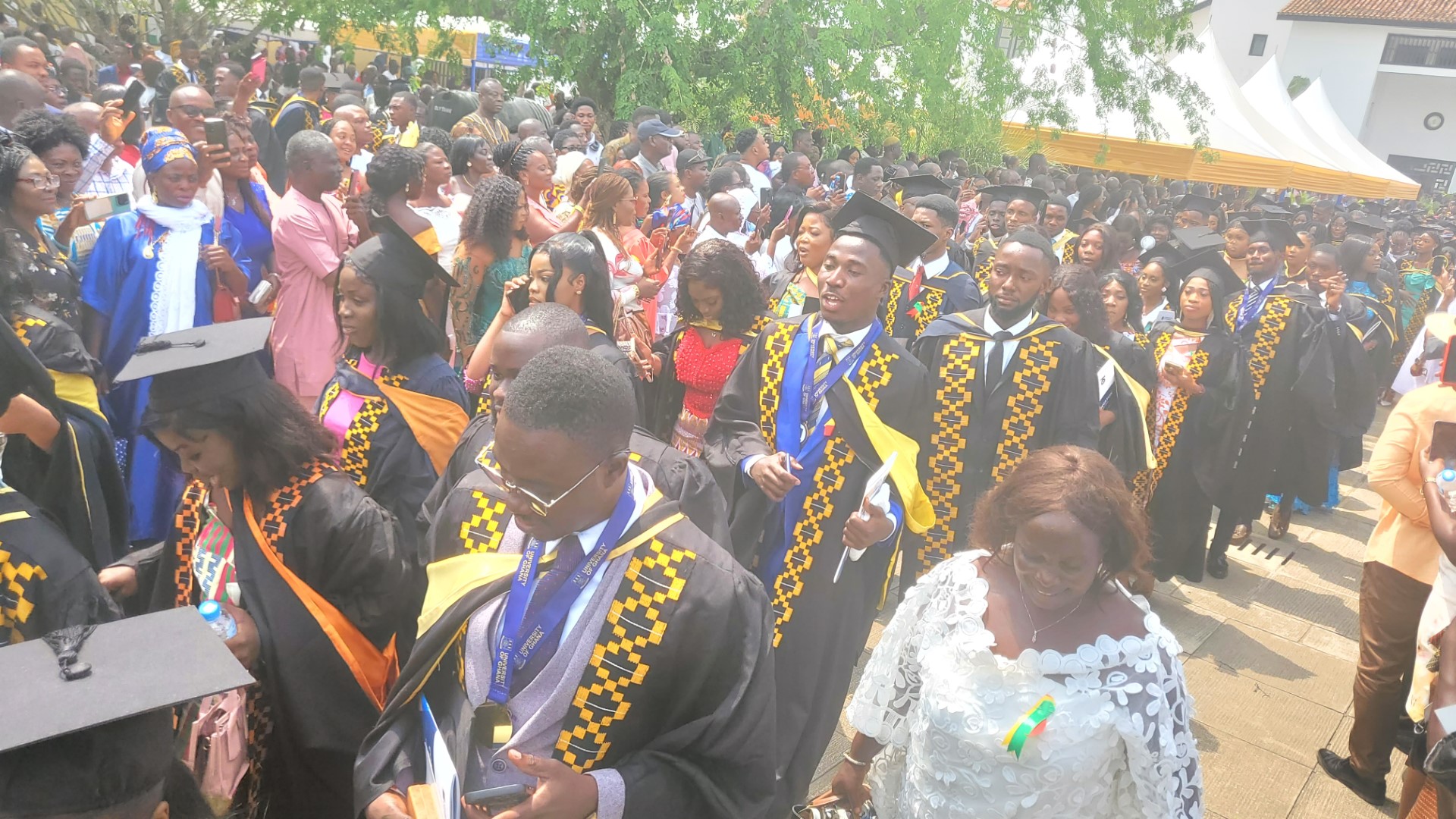

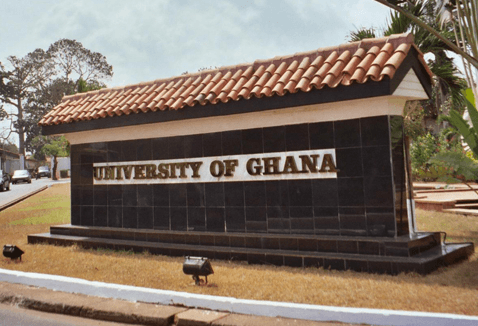
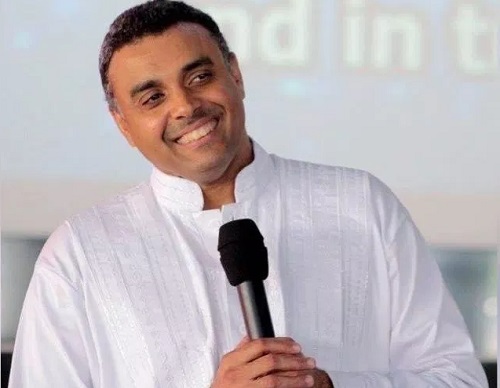


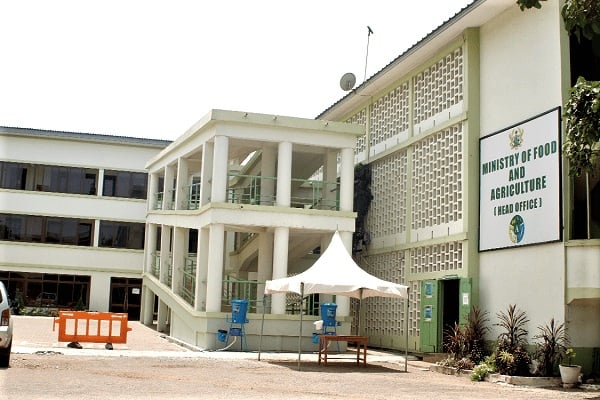
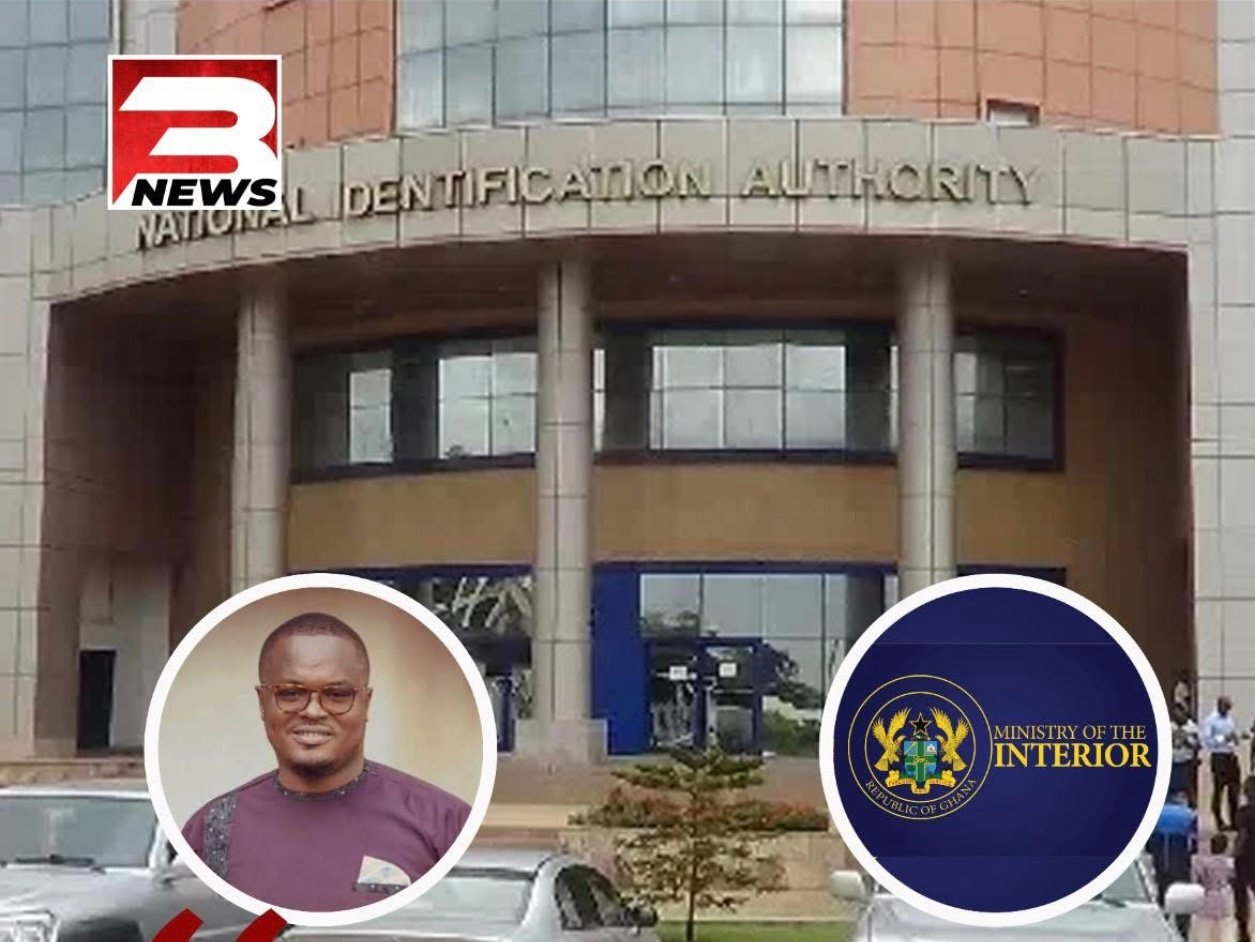


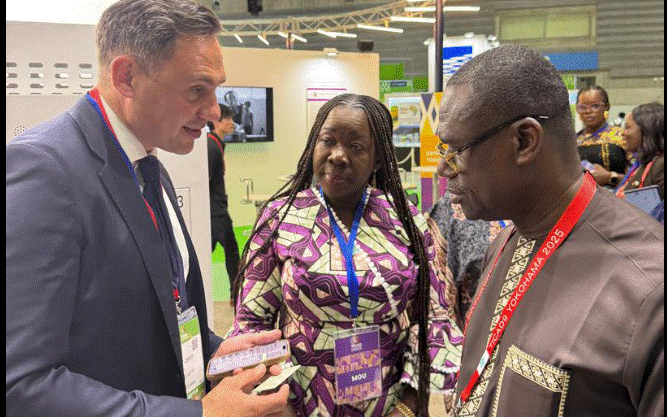
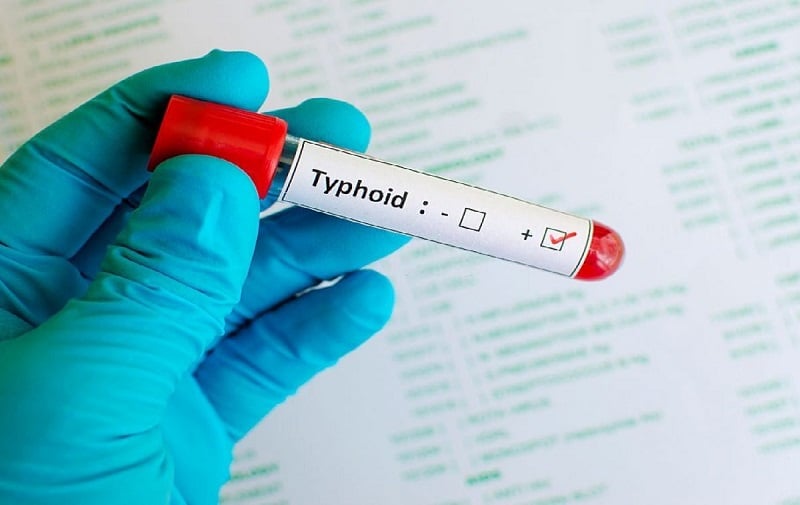

Facebook
Twitter
Pinterest
Instagram
Google+
YouTube
LinkedIn
RSS